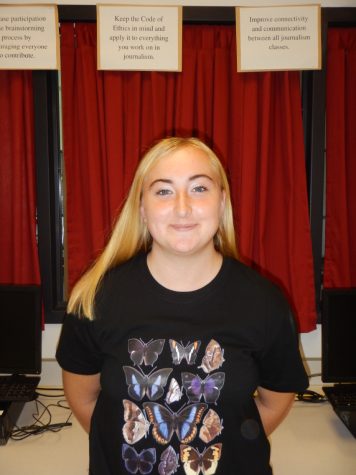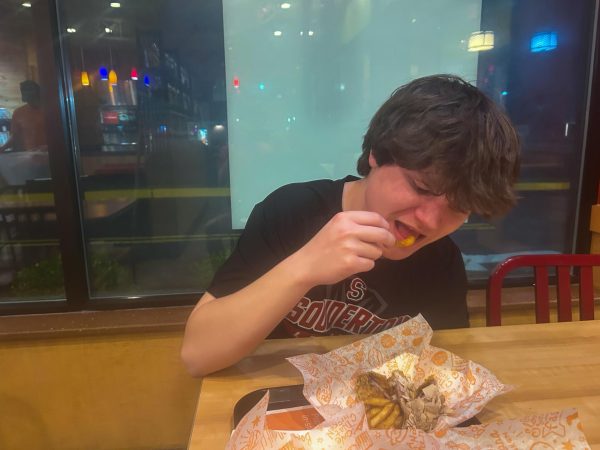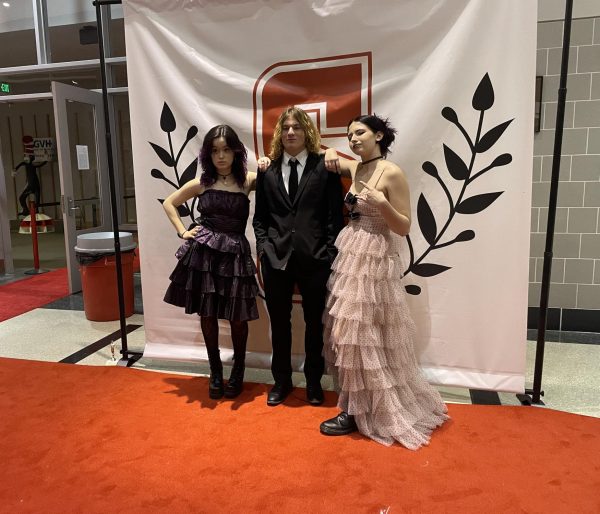The mysterious life of the ‘blonde bombshell’
Producing the latest update to the Marilyn Monroe collection, filmmaker Emma Cooper released “The Mystery of Marilyn Monroe: The Unheard Tapes” on April 27. The documentary is available to stream on Netflix.
Providing director Emma Cooper with a helping hand, journalist Anthony Summers released archived footage as well as interviews collected during his reinvestigation of Monroe’s death in 1982. Cooper uses the footage in her documentary film “The Mystery of Marilyn Monroe: The Unheard Tapes”.
Cooper shows up with all the layers to her glamorous yet troubled life leading up to her final hours.
Acknowledging the friendships Monroe made during her acting career, the late actor Jane Russell said, “We were going home exhausted after a day’s work. Yet, she would go to the coach. She wanted to be good.”
According to Russell, the extra time that Monroe put into her work paid off.
Her performance skills were stronger than most on the set.
“When the camera went on, it was like a whole electric light went on,” Russell said.
Others agree, detailing Monroe to have had some of the most memorable performances in cinema.
“Marilyn went right down into her own personal experience for everything,” the late director John Huston said.
“She would reach down and pull something out of herself that was unique and extraordinary. She found things about womankind in herself. She had no technique. It was all the truth.”
Monroe’s last psychiatrist, the late Ralph Greenson said,“There was something about Marilyn that put her apart from everybody else.”
This may have been due to the time she spent at an orphanage or due to the many films she was taking on.
As a result, Greenson stated in a written report read by Summers in the documentary, “Marilyn had a tendency to paranoid reactions. However, she wasn’t schizophrenic, and her paranoid-like reactions are more masochistic.”
While under his care, Greenson introduced Monroe to the rest of his family, including his son Danny, now a psychiatrist himself.
Danny credits Monroe’s childhood as being a key reason these feelings stayed with her as an adult. In archival footage, Monroe said, “Fame is fickle. It has its compensations but also its drawbacks.”
The feelings of abandonment stuck with Monroe throughout her lifetime, according to Summers. “Greenson thought that the tendency towards acting out of the orphan girl rejections seemed, to him, central,” Summers said.
It was difficult for Monroe to let go of past emotions. “My dad had told me that [Monroe] got depressed at times about how terrible she felt about herself,” Danny said.
Summers’ reporting suggests that the circumstances surrounding Monroe’s 1962 suicide may have been covered up. His closing remarks explore Monroe’s connection to President John F. Kennedy and his brother, Attorney General Robert Kennedy.
“I did not find out anything that convinced me that she had been deliberately killed. If you then say to me, ‘Why were those circumstances covered up?’ I would say that what the evidence suggests is that it was covered up because of her connection with the Kennedy brothers,” Summers said.







